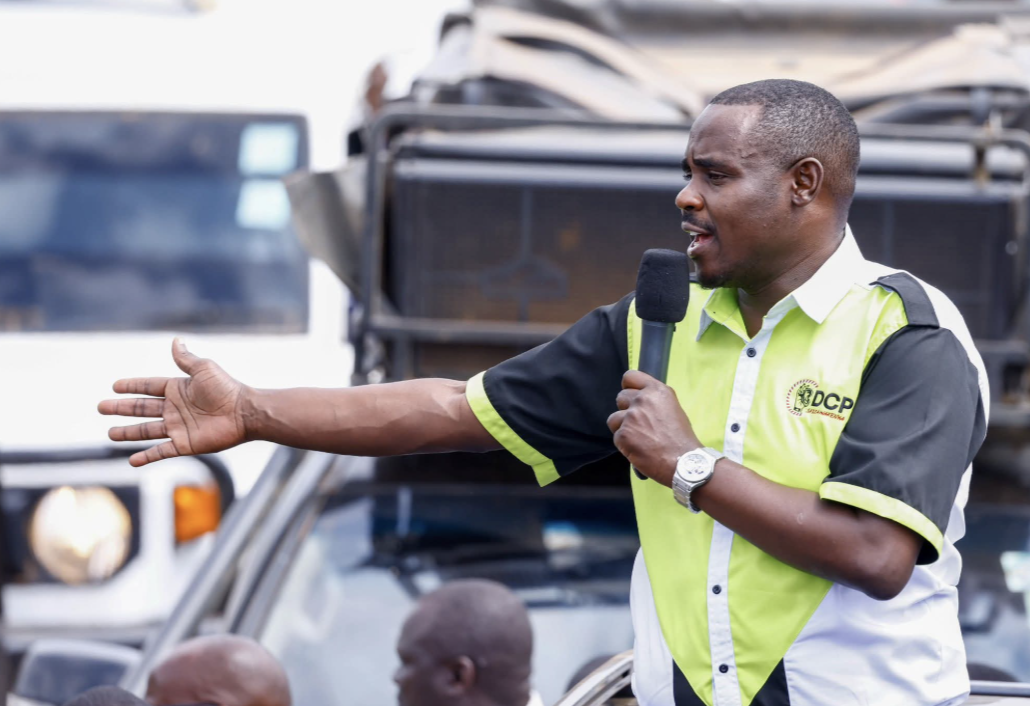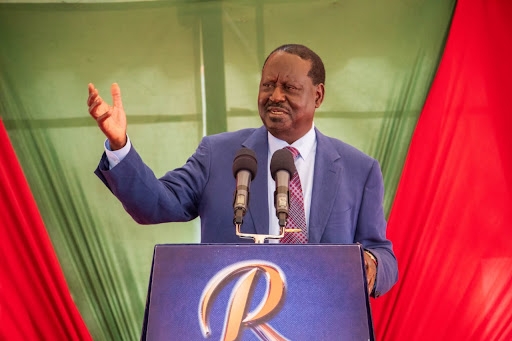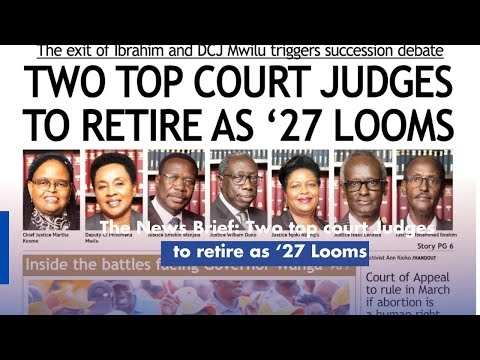
 DCP deputy party leader Cleophas Malalah. /CLEOPHAS MALALAH
DCP deputy party leader Cleophas Malalah. /CLEOPHAS MALALAHRigathi Gachagua's Democracy for the Citizens Party has sharply criticised Former Prime Minister Raila Odinga’s condemnation of alleged shoot-to-kill orders given to police, claiming the ODM leader has shown hypocrisy and complicity in state violence.
In a statement issued Friday evening, DCP said Raila’s remarks were “factually untenable, disingenuous, and contradictory.”
The party argued that as a key member of the Kenya Kwanza administration, Raila bears direct responsibility for its actions.
“Raila’s assertions are factually untenable, disingenuous, and contradictory,” DCP deputy party leader Cleophas Malalah said.
The party blamed Raila for enabling state excesses through the alleged involvement of ODM-affiliated youth in crowd control during protests.
DCP furthermore pointed to the public endorsement of the government’s brute force against protests by prominent ODM supporters.
The party said ODM’s silence on these endorsements “underscores its alignment with state-sanctioned brutality.”
Malala said Raila and ODM continue to benefit politically from an administration “implicated in the lethal suppression of legitimate Gen-Z protests.”
“They share culpability for these transgressions and cannot now selectively disavow them,” he said.
The DCP statement came hours after Raila's remarks earlier in the day.
In a terse statement, Raila condemned shoot-to-kill, maim, or shock orders to police in any situation that requires law enforcement.
The directives have been linked to President William Ruto and Interior Cabinet Secretary Kipchumba Murkomen, who have separately vowed stern action against individuals involved in acts of violence and destruction of property to distablise the government under the guise of protests.
“All the above orders—shoot to kill, maim, disorient or shock citizens—are wrong,” Raila said.
The ODM boss called for the rule of law and due process, warning against giving police “illegitimate and deadly powers over citizens even when the citizens are perceived to have broken the law.”
He urged security agencies to “prioritise arrests and arraignment in courts over killing, maiming or brutalising of suspects.”
Raila emphasised the need to respect the human rights of suspects and to avoid militarised policing, stating that such an approach “only increases risk of violence.”
“A militarised approach to policing endangers both the suspect and the law enforcement officers.”
In a scathing rebuttal, DCP dismissed Raila’s statement as a belated attempt at image rehabilitation.
“Rails’s belated dissociation appears driven by apprehensions over his legacy and diminished public standing following his alignment with this administration,” the statement read.
“This effort at retrospective image rehabilitation is rendered hollow by his continued participation in a government that inflicts suffering upon Kenyans—including documented abductions, torture, and extrajudicial killings—and his sustained fraternisation with its architects.”
The nationwide anti-government protests began in June 2024, sparked by the passage of the controversial Finance Bill, 2024, which President William Ruto later rescinded following public outrage.
The protests died down after Ruto incorporated Raila's allies in the broad-based government, but they resurfaced again in June this year, sparked by the death of Homa Bay teacher and blogger Albert Ojwang in the hands of police.
Twin protests were held - one on June 15 to mark the first anniversary of the Gen Z-led Occupy Parliament revolt, and the second on July 7 to commemorate the Saba Saba demonstrations.
Police said at least 11 people died during the latest wave of protests, a sharp divergence from figures issued by the human rights agency KNCHR, which put the death toll at 31.
DCP concluded by urging Raila to “cease disingenuous public relations exercises and cede space to principled leaders committed to Kenya’s liberation.”
The sharp exchange between Raila and DCP highlights deep divisions within the political class over the state’s handling of protests and the use of force by law enforcement.















